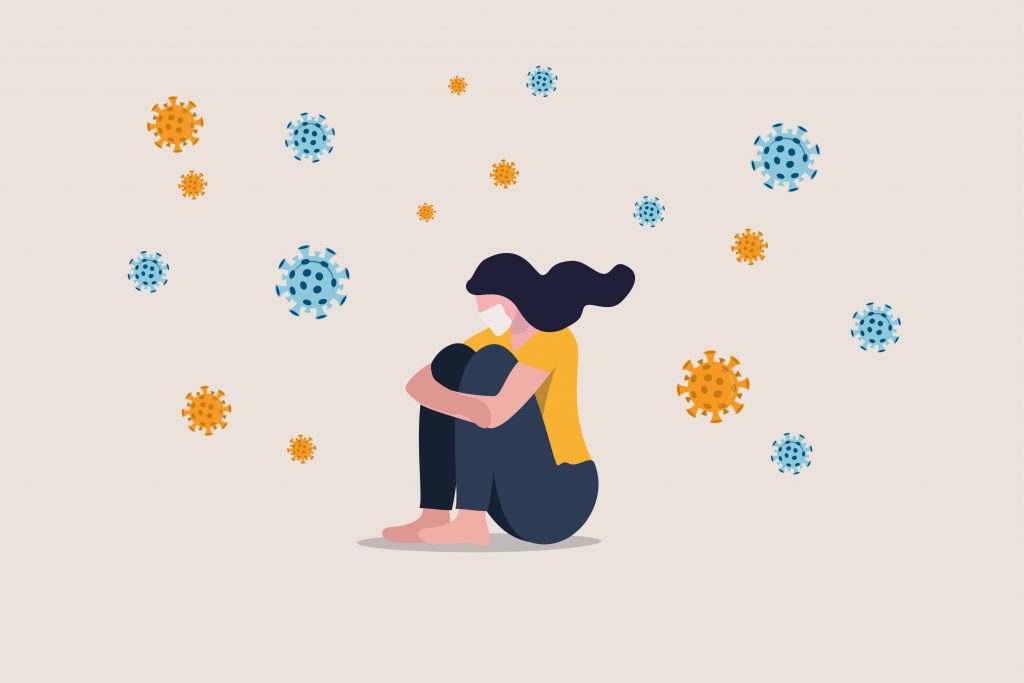
Survey: Mental Health on the Front Lines
May is Mental Health Awareness Month.
May is also the fifth straight month frontline medical workers have been tasked with treating patients who are battling COVID-19 in the United States, losing more than 90,000 of them along the way. That certainly takes a toll, and it appears to be causing, at least in part, some of those on the front lines to take their own lives, as well.
Two medical workers in one of the nation’s hardest hit areas, New York, died by suicide in the last month—Dr. Lorna Breen, the medical director of the emergency department at NewYork-Presbyterian Allen Hospital, and John Mondello, an emergency medical technician.
Working in healthcare can be incredibly draining—mentally, physically, and emotionally—with multiple occupations within the field being considered high stress and the suicide risk higher among nurses than any other profession. Add in a pandemic and it is more than understandable to be feeling less than your best, even if you are not working in a COVID unit.
So, how are you feeling? How is your mental health? How are you coping, or not coping, right now? We want to know.
Tell us in the survey below, and then be sure to read our tips on how to care for yourself while treating COVID-19 patients by clicking here.
If you are struggling with your mental health, we urge you to ask for help. You are just a call or text away from reaching professionals who can assist you in processing what you are experiencing. Reach out to them, if you need support at:
- Substance Abuse and Mental Health Services Administration’s (SAMHSA’s) Disaster Distress Hotline: Call 1-800-985-5990 or text TalkWithUs to 66746.
- The Crisis Text Line: Text TALK to 741741.
- National Suicide Prevention Lifeline: Call 1-800-273-TALK.
Disclaimer: The viewpoint expressed in this article is the opinion of the author and is not necessarily the viewpoint of the owners or employees at Healthcare Staffing Innovations, LLC.
